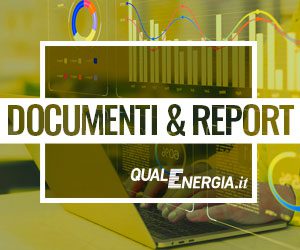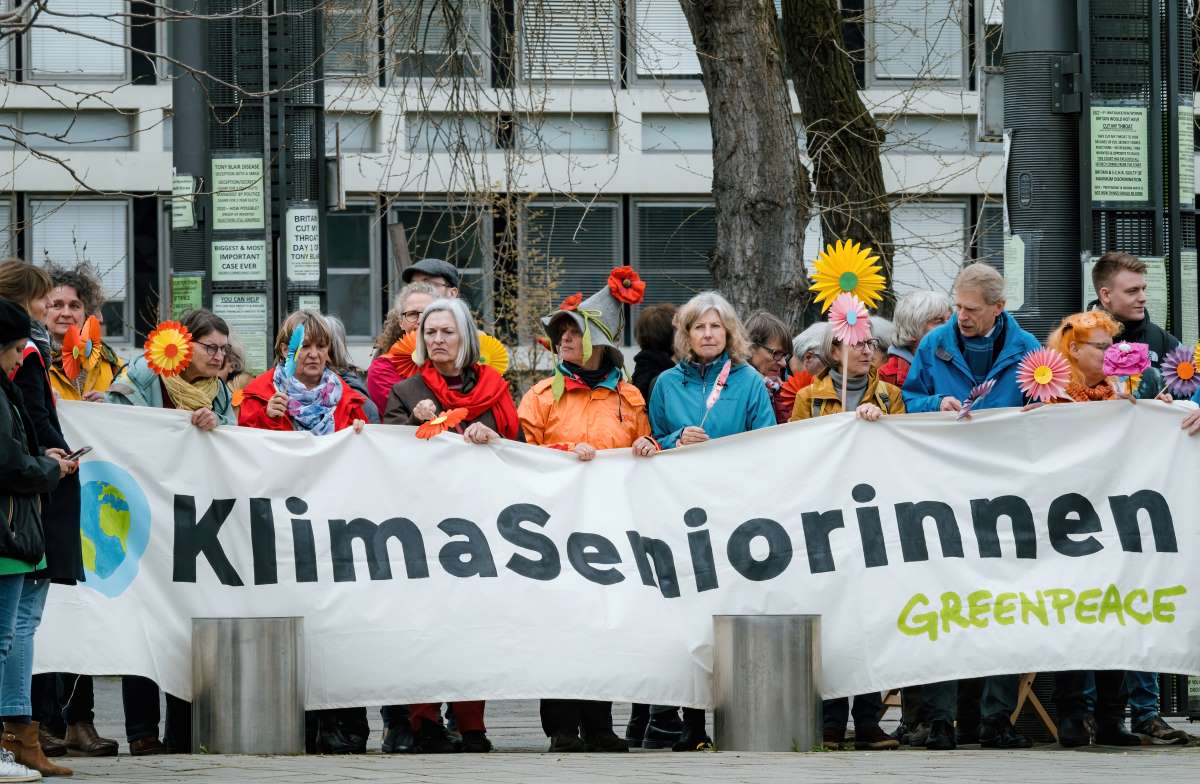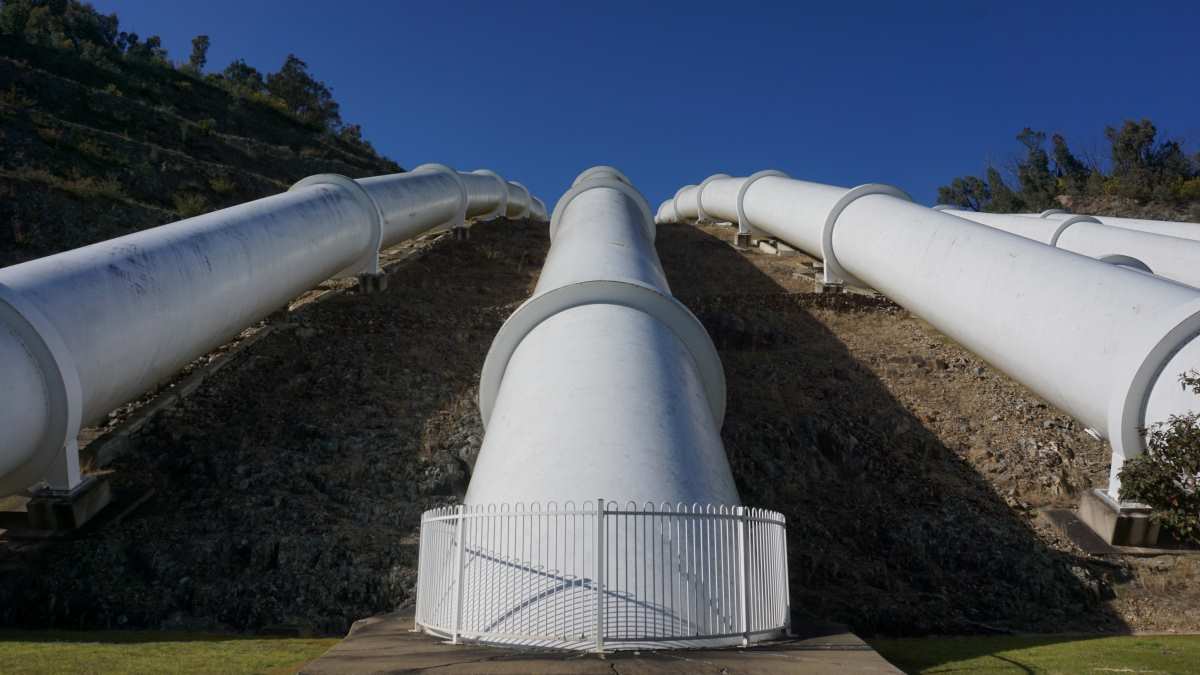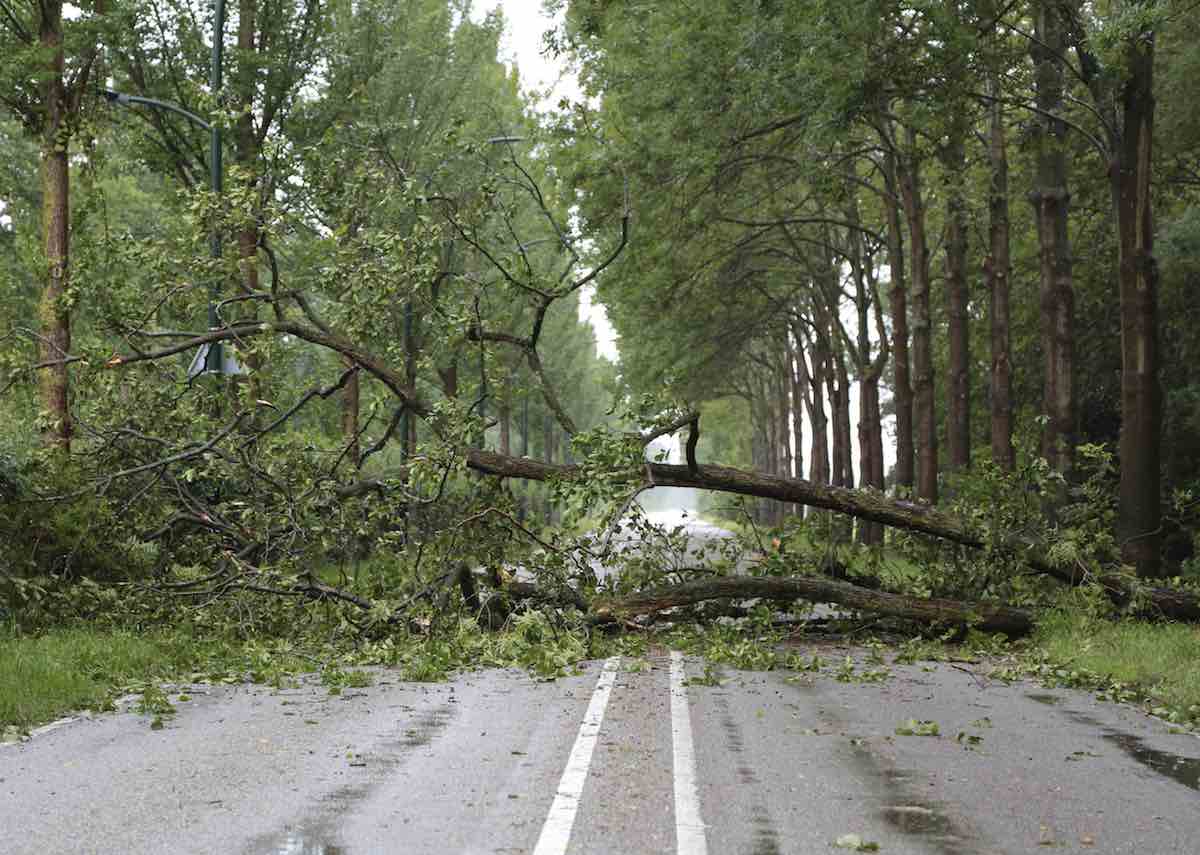New analysis released by Oil Change International finds that World Bank Group finance for projects that included exploration for new fossil fuel resources reached a new high in FY2013, at nearly $1 billion out of the $2.7 billion spent in total for fossil fuel projects.
This analysis comes on the heels of reports from scientific bodies such as the Intergovernmental Panel on Climate Change and International Energy Agency that suggest the world has far greater reserves of fossil fuels already than can be burned while staying within agreed climate limits.
“The World Bank itself has laid out a stark picture of what a world with four degrees of warming looks like, yet it continues to pump billions into projects exploring for new fossil fuel resources that must not be burned in any reasonably safe climate scenario,” said Elizabeth Bast, Managing Director of Oil Change International and co-author of today’s analysis.
While overall financing of fossil fuel projects at the World Bank has gone down in recent years, support for projects that include exploration for fossil fuels has continued to rise. The major multilateral development banks financed over $4.5 billion in projects that include exploration activities between 2008 and 2013, with the International Finance Corporation alone supporting $2.3 billion.
The analysis finds that expanding fossil fuel reserves does even more damage than putting the global climate in danger; exploration financing by the World Bank risks locking developing countries into loan commitments for resources that will likely become stranded assets if policies are implemented to meet agreed climate goals.
“To truly protect the poor, the World Bank must end all lending for fossil fuel exploration aimed at expanding carbon reserves that already exceed our climate’s capacity. Developing countries can’t afford to be locked into financing schemes for stranded assets, just as they can’t afford the devastating impacts of climate change these new fossil fuels will exacerbate,” Bast said.
Since 2008, the World Bank Group has provided over $21 billion in financing for fossil fuels. Fossil fuel finance overall has lessened somewhat in recent years; from 2008 to 2010 World Bank Group financing for oil, gas and coal averaged $4.7 billion a year, while from 2011 to 2013 financing averaged $2.3 billion. However, despite these trends, finance for fossil fuel exploration projects over the period was highest in 2013, at nearly $1 billion out of $2.7 billion total for fossil fuel projects in 2013.
Between 2008 and 2013, the World Bank Group provided more than $3.1 billion in loans, equity financing, and guarantees for projects that involve fossil fuel exploration. The majority of this financing – $2.3 billion – was provided by the International Finance Corporation (IFC), the World Bank’s private sector arm, with the remainder from the Multilateral Investment Guarantee Agency (MIGA) and the International Development Association (IDA).
In all, the major multilateral development banks (MDBs) supported $4.5 billion in financing to projects that included fossil fuel exploration activities between 2008 and 2013, with a combined $1.6 billion in financing in 2013. In addition, over the same period MDBs financed six technical assistance, capacity building and/or policy programs for governments that included support for fossil fuel exploration.
Figure 1. MDB Financing for Fossil Fuel Exploration Projects, FY 2008-2013
Of the major MDBs, the World Bank consistently provides by far the most support for fossil fuel exploration, accounting for nearly 70 percent of exploration project financing between fiscal years 2008 and 2013 (see Figure 1).
For years, policymakers around the world have agreed to the goal of limiting global average temperature increase to 2 degrees Celsius above pre-industrial levels in order to avoid catastrophic climate change impacts. Scientists have translated this goal into a carbon budget, which constrains how much of existing proven fossil fuel reserves can be burned to stay within those climate limits. The International Energy Agency warns that “no more than one-third of proven reserves of fossil fuels can be consumed prior to 2050 if the world is to achieve the 2°C goal,” a position that was further bolstered by the Intergovernmental Panel on Climate Change Fifth Assessment report released in 2013.
Given that at least two-thirds of existing proven fossil fuel reserves amount to “unburnable carbon” and must stay in the ground, at the very minimum public financing should not go toward supporting fossil fuel exploration aimed at expanding these unburnable reserves. Not only does expanding fossil fuel reserves put the global climate in danger, but exploration financing by the World Bank risks locking developing countries into loan commitments for resources that will likely become stranded assets if policies are implemented to reduce fossil fuel use and meet the 2-degree goal – measures that the World Bank itself strongly promotes, recognizing the disproportionate burden of climate impacts that will be felt by the world’s poor.
Given the world’s rapidly warming climate and shrinking carbon budget, public finance from the World Bank and other MDBs should be redirected from fossil fuels toward projects that promote renewable energy and energy access. Ending all lending for fossil fuel exploration aimed at expanding unburnable carbon reserves should be the immediate first step in order to avoid fueling catastrophic climate change and locking developing countries into financing schemes for stranded fossil fuel assets.









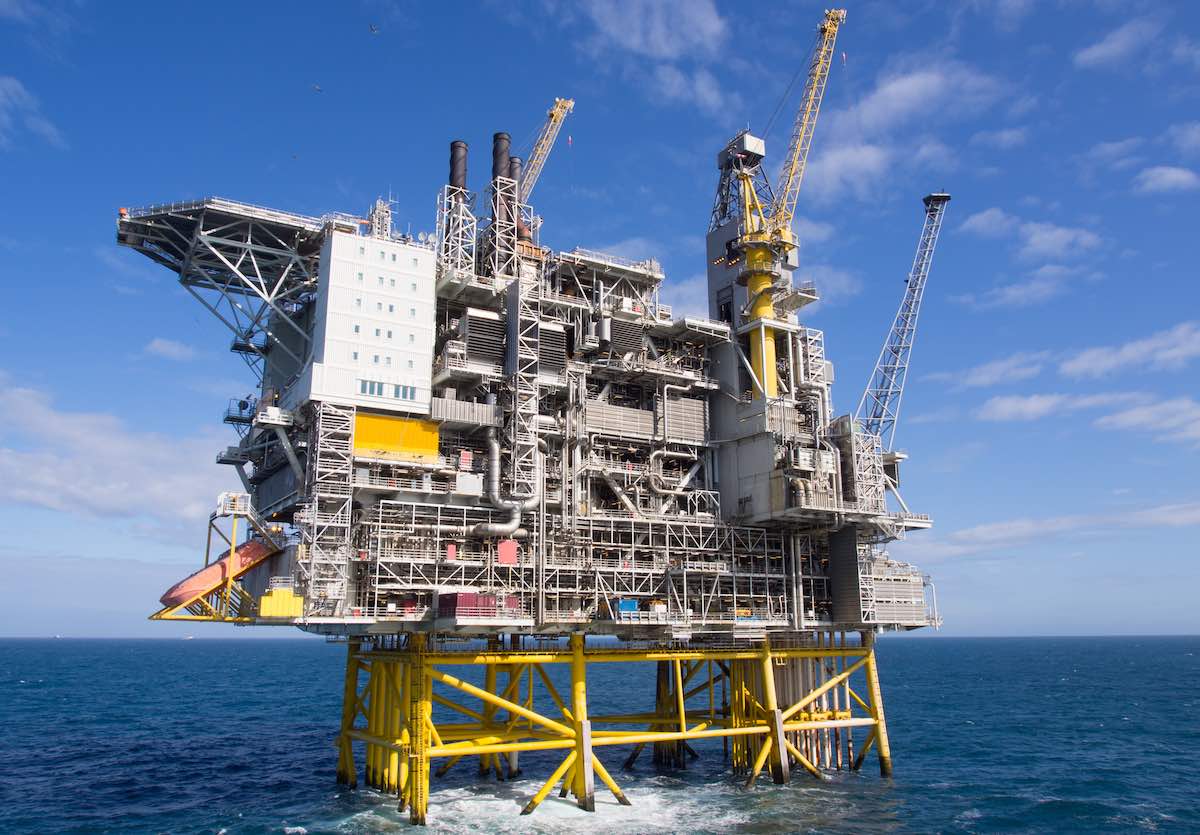
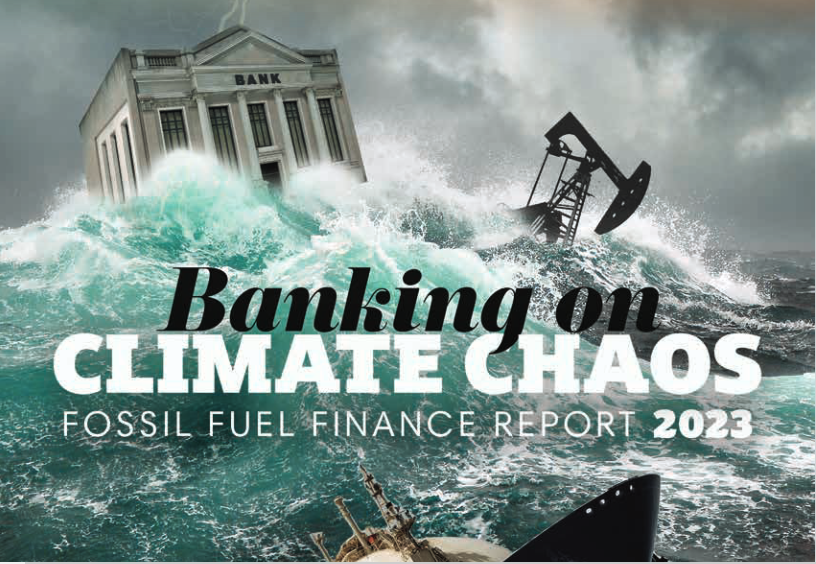














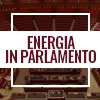
.gif)
